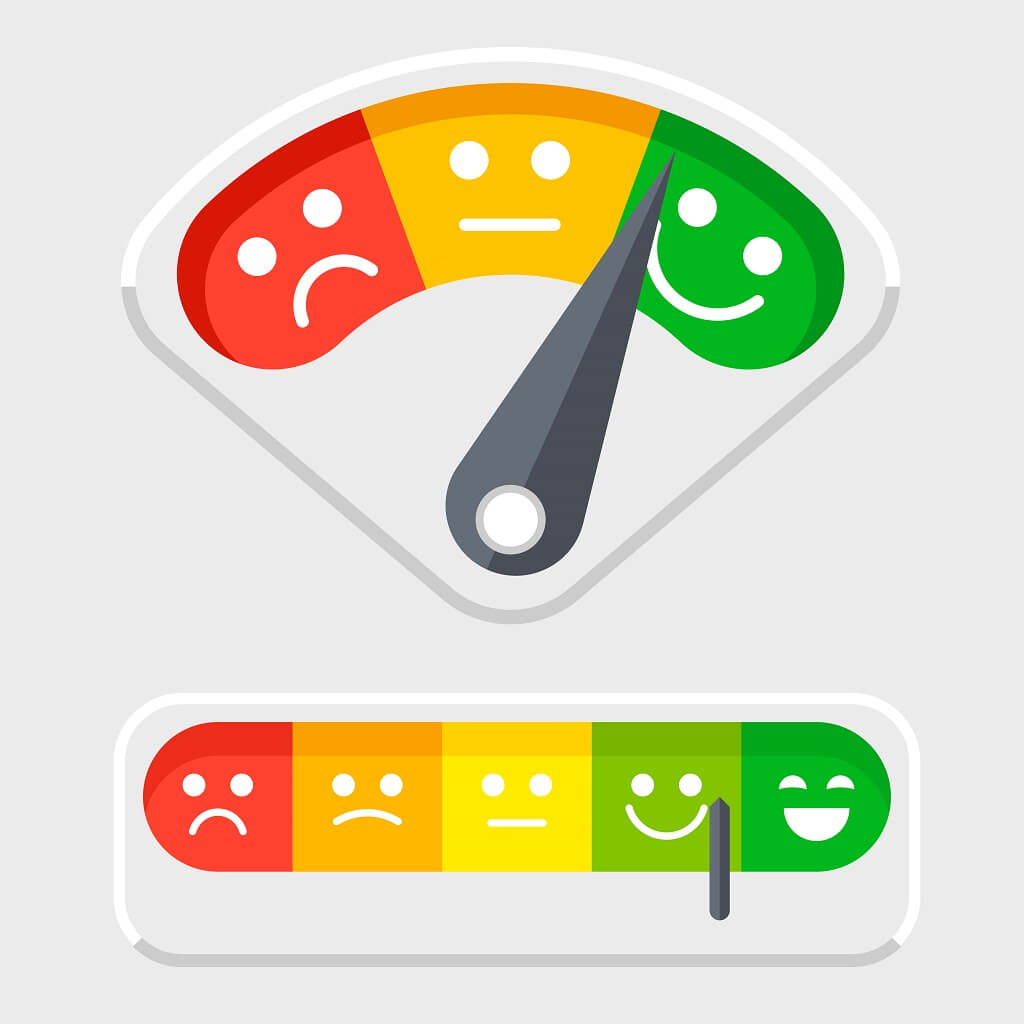Everything a Small Business Should Know About Financing

Classifying small businesses is a challenging task because of the many parameters involved here. Comparisons are not easy as various countries have different categorizations. But it generally boils down to the quantum of net assets, sales, and the number of employees. In the past, these were generally family-owned enterprises with a limited work-force of between 5 to 20 employees. The whole ecosystem was generally informal with basic financial records and a capital base consisting of borrowings from friends and relatives.
With time, the definition of such customers has expanded many times over, and today, they have all the trappings of any modern industry though limited in scale and scope. Specialized financing establishments offering financing and a good credit score, a must for large enterprises and customers, are often given the goby.
Financial Requirements of Small Businesses
The customer financial requirements of SME customers are usually specific to a particular scenario and stage of the business cycle. In the initial stages, they heavily depend on informal channels of funding through short-term loans and the promoters’ savings. Immediate cash flow crunch is met from temporary lines of credit to plug the gaps. As they increase sales, they need other financial products, including long-term debt.
Financing companies use long-term lending to cross-sell other products that are mainly fee-based.
Types of Loans by Financing Companies to Small Businesses
 While there are various financing options from financing institutions, they can be broadly categorized into secured and unsecured loans.
While there are various financing options from financing institutions, they can be broadly categorized into secured and unsecured loans.
- Secured Loans – These require collateral in the form of the company’s assets as security. In case the loan is unpaid or there are defaults in regular repayments, the customers’ assets are repossessed, sold, and the loan amount adjusted. Because these loans have a reduced risk element, the interest rates are also lower than other loans. Unfortunately, many customers and fledgling businesses in their nascent stages do not have adequate assets to give to finance companies offering to finance.
- Unsecured Loans – Such loans are for customers that are unable to offer collateral for security. These do not require any tangible assets as security but are disbursed on the personal guarantee of the owner who must have a high credit score. However, these are risky and hence carry a high-interest rate. In this framework of secured and unsecured loans, there are sub-sects too. Borrowers can avail loans that are spread out over a two or three-year period and have the loan paid in full within that time. This is a term-loan and is used to acquire fixed assets like plants and machinery. The same loans with a shorter tenure are called short-term loans.
- Invoice Financing – This option is always a massive help for small businesses as they have to provide their customers with a line of credit against goods supplied. It results in blocked funds, which could be better utilized in procuring raw materials or production of finished goods. Financing companies offer financing against the invoices to about 85 to 90 percent of the value. Once the customer pays the invoice, the amount is adjusted. Some financial institutions even have straight transactions with the customer who pays the invoice amount directly to them.
- Cash Advances – Technically, business cash advances are not loans but operate like a credit card where cash advances are permitted as a temporary unsecured loan without a personal guarantee to get over short-term exigencies. The amounts get paid as a certain pre-agreed percentage of future cash withdrawals.
Apart from these conventional lending sources, financing establishments also offer customized financial products to their high-profit customers.
Credit Evaluation Methods of Finance Companies

Generally, a financing company relies on the customers’ creditworthiness, and a variety of tools are used to conclude. A major part of the evaluation is assessing the small business’s financial history through records, including cash flow statements, balance sheets, and inventory turnover, debt structure, sales, and the credit rating of the people running the business. The prevailing market conditions of that industry are also taken into account. Lenders prefer business organizations that have earnings after expenses to cover debt obligations.
These are some of the factors that are taken into account for the credit evaluation of customers.
- Size of the loan – Financing companies prefer to disburse large loans as the administrative costs of doing so are less than sanctioning several small loans. However, the sanction of a loan is dictated by the customer’s ability to repay. That will always be the cardinal factor.
- Debt burden – Lenders always look for borrowers with earnings that are more than the payment amount and therefore work out a sure debt to capital ratio. Only then is a credit line approved.
- Tenure of the loan – One of the financing options is long-term loans repayable in fixed equated monthly installments to purchase fixed assets. Since the risk of default on long-term loans is more than short-term loans (working capital), the interest rate is usually high.
- Creditworthiness – A financing company has the rights reserved to turn down approval if customers are not creditworthy. Creditors focus on credit rating to a very large extent when processing loan applications.
A small business is also likely to offer financing to one customer or more. They are provided consumer financing against purchases to increase sales. However, such customer financing is governed by the Federal Trade Commission that assures non-discrimination.
Types of Institutions/Groups Offering Financing
Many customers need funds but cannot meet the strict requirements of traditional banks. For them, several customer financing options are ideal for customers and small businesses.
Community Development Finance Institutions
The CDFIs’ main difference with banks is that the credit score is not focused on whether the customers are fiscally responsible. They also do not stress too much on collateral to secure the loans and consider other assets not owned by the company.
Convertible Debt
Convertible debt is a very effective customer financing option, obtained from a group of investors. The agreement is that after the customer is established, the borrowing will be converted to equity. The borrower has to give over some control over the business when the investor converts the borrowings to equity by triggering an option.
Venture Capitalists
Venture capitalists (VCs) are a group of investors who specialized in customer financing. In the agreement with the borrower, this consumer financing is against a part of the ownership of the customer’s business. The extent of ownership is based on the valuation of the enterprise and the amount of customer financing extended. Depending on this type of financing company, it is ideal for customers and micro-businesses as they do not have to offer physical collateral to the venture capitalists as a lien against the loan sanctioned.
The relationship of a borrower with this type of consumer financing group is not purely financial. Venture capitalists are professionals and experts in their respective fields and can advise a customer about the intricacies of running a business.
The Benefits of Unconventional Financing Institutions

A non-conventional financing institution has a lot to offer in customer financing. This includes market credibility, setting up the required infrastructure to increase sales and profitability, and offering comprehensive business guidance.
Can I offer finance to my customers?
Any registered financing company with statutory approval to offer customer financing and consumer financing can be in this field. However, before providing financing to your customers, you should take the necessary precautions and carefully evaluate its sales and profit figures, the balance sheet, and cash flows. You have to exercise caution for unsecured loans as in the event of a default, and you will have no assets of the customer to fall back on for recovery.
How can a business offer financing?
As a business that has received customer financing from a lender, you, too, can, in turn, offer financing to your customers. This can offer to finance products purchased from you, which the customer has to pay back in equated installments. You have rights reserved to call back the loan at any time in case of a stoppage of timely repayments by the customer. For consumer financing, you have rights over the product and can seize it in the event of non-repayment.
How do you offer a payment plan to customers?
Customer financing options for business organizations have many variables. You have to carefully evaluate the creditworthiness of the customer and study the financial statements. Check out the customers’ credit card liability as that will be a debt that will affect your payment plan. The key to any plan is the cardinal rule of “ability to pay.” If the net earnings cover the net outflow, you can safely offer funds to the customer.
How do I offer interest-free credit to customers?
You can provide interest-free credit for any business, but you should at least be sure about getting the principal back. For this to happen, you should study the balance sheet, sales, profit figures, and the customers’ ability to repay the amount. To cover your expenses, you can charge service fees too.



